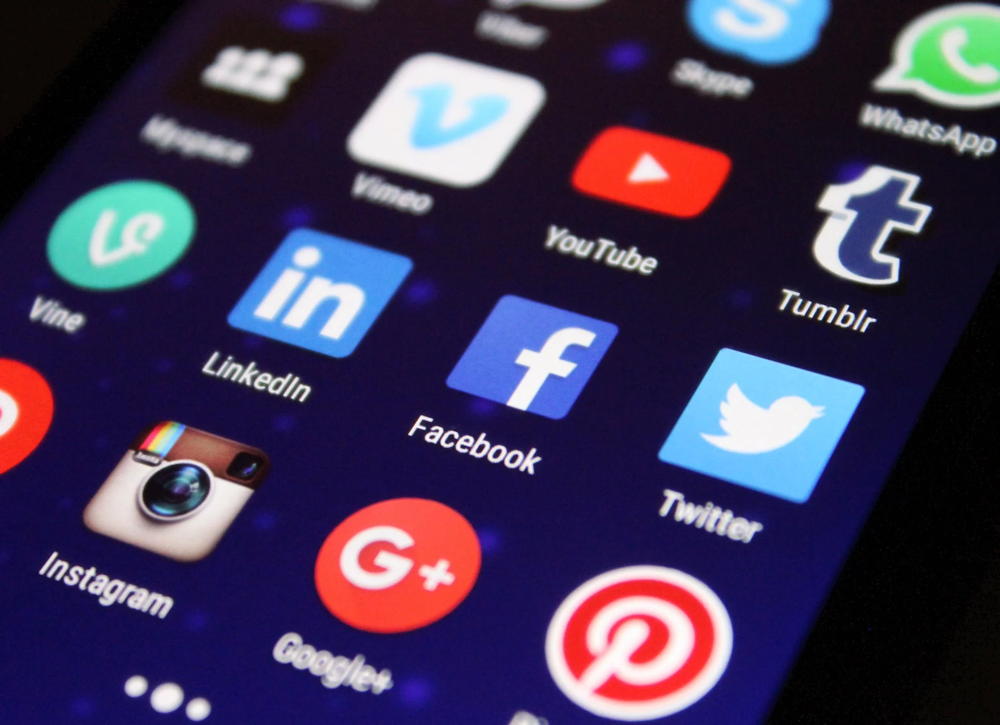Australian States Support Social Media Ban For Under-16s

Australian states and territories unanimously support social media ban for youths under 16, amidst growing addiction concern
|
Getting your Trinity Audio player ready...
|
Australia’s states and territories have unanimously supported a social media ban for young people aged under 16.
The eight provinces discussed the matter in a virtual meeting with prime minister Anthony Albanese, Associated Press reported, as the measure heads to Parliament within two weeks.
Tasmania would have preferred 14, but was willing to support 16 in the interests of national uniformity, Albanese said.
“Social media is doing social harm to our young Australians,” Albanese said at an event for journalists.
“The safety and mental health of our young people has to be a priority.”

‘World first’
The main opposition party has expressed support for the law, meaning it is likely to pass the Senate.
It would take effect 12 months after passing into law, giving social media firms time to implement solutions.
Albanese called the measure a world-first approach that puts the onus on platforms such as X, TikTok, Instagram and Facebook to show that they are taking reasonable steps to prevent access by children, rather than holding parents responsible.
The prime minister said there would be “no penalties” for users.
More than 140 experts from Australia and other countries signed an open letter opposing the bill, expressing concerns that children might be barred from accessing critical services, amongst other concerns.
They said a social media age limit was “too blunt an instrument to address risks effectively”.
Meta, the owner of Facebook, Instagram and other platforms, said stronger parental control tools in app stores and operating systems would be a “simple and effective solution”.
Safer Phones Bill
In October, attorneys general from 14 US states filed lawsuits against TikTok, claiming the company knowingly profits from addicting children to the app.
Internal company documents inadvertently exposed through the lawsuit showed the company was aware of potential harms to children, and that at times it presented information publicly that contradicted its own internal research.
In the UK, the Safer Phones Bill, introduced in October, would force social media firms to exclude users under 16 from content algorithms, with the aim of making it more difficult for companies to push addictive content to children, The Guardian reported.
The bill would also require the government to carry out a review of the sale of phones to teens, including a review of whether additional technological safeguards should be present on phones sold to under-16s.